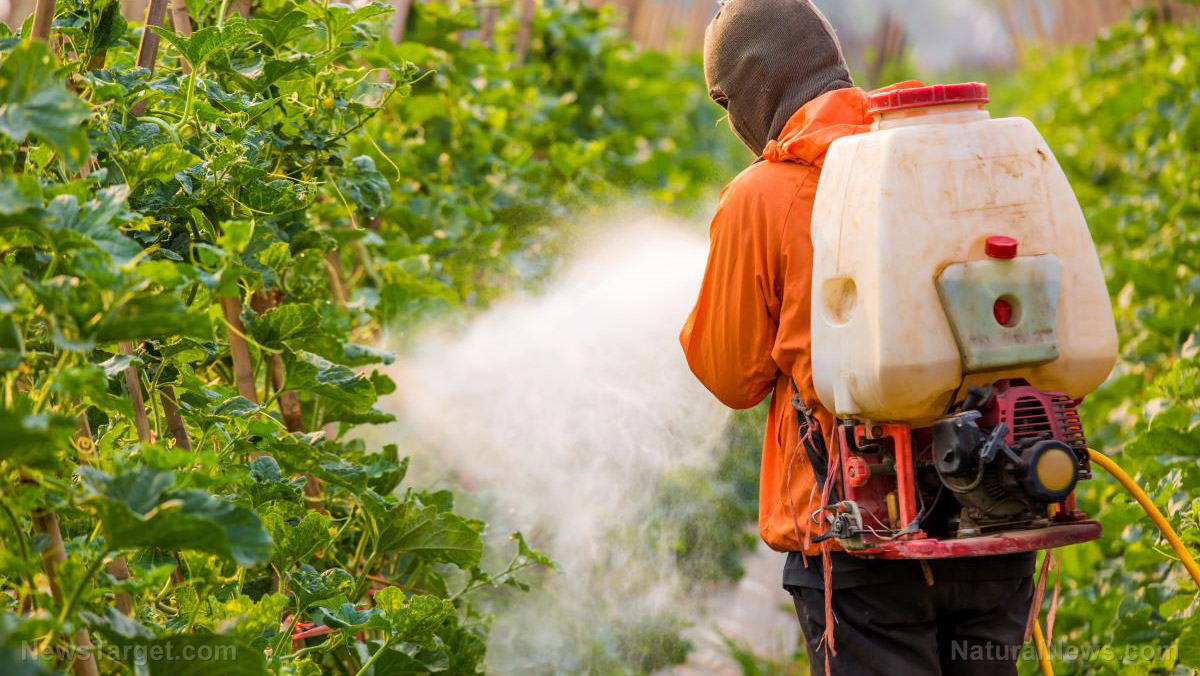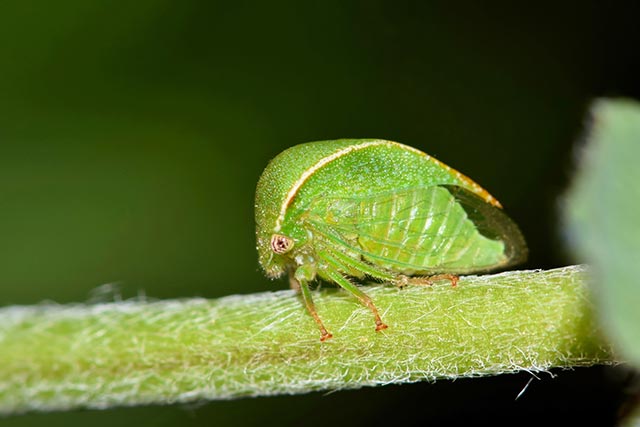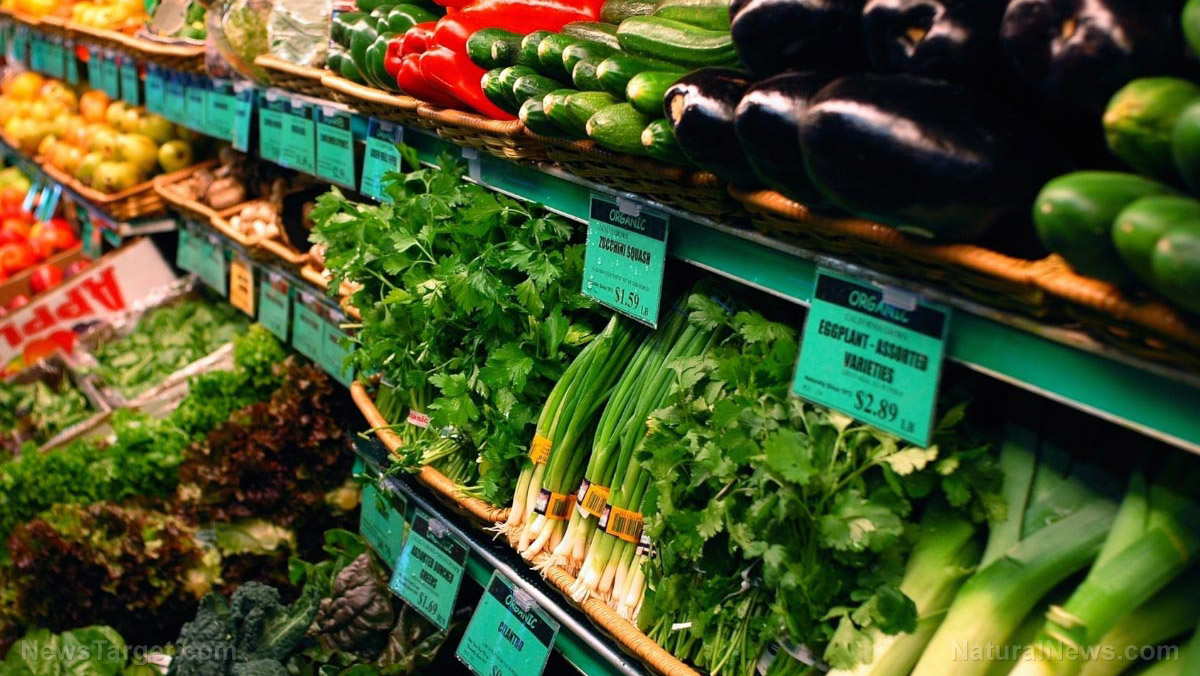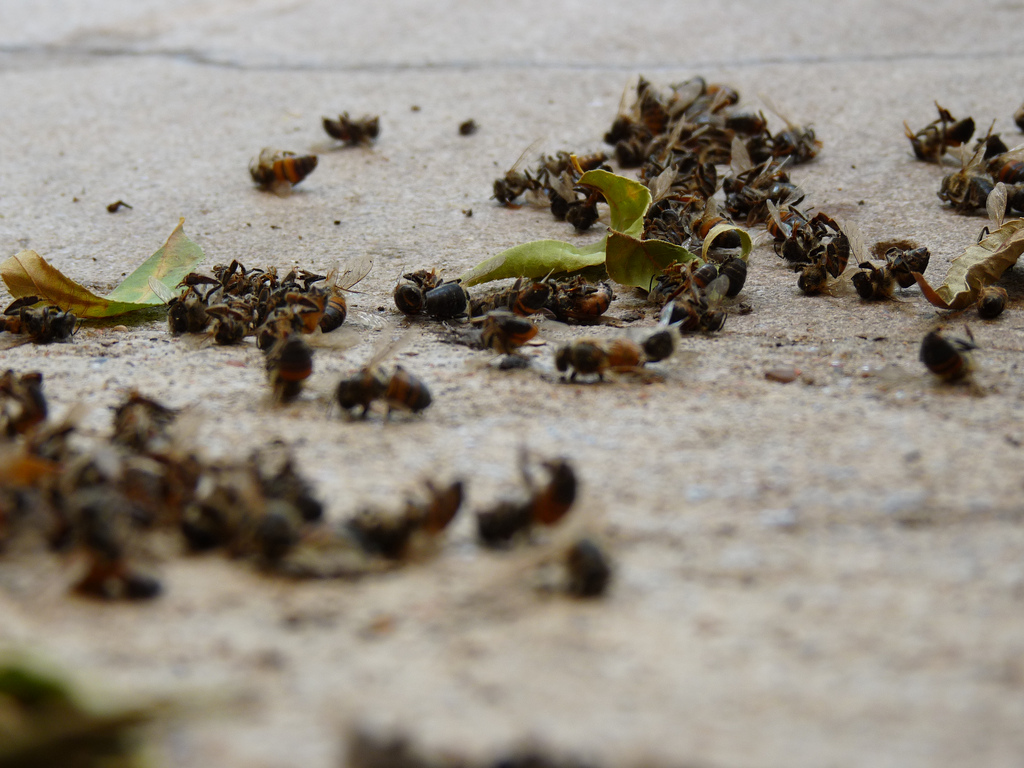Who’s ready for organic cannabis (and its hefty price tag)?
11/21/2019 / By Tracey Watson
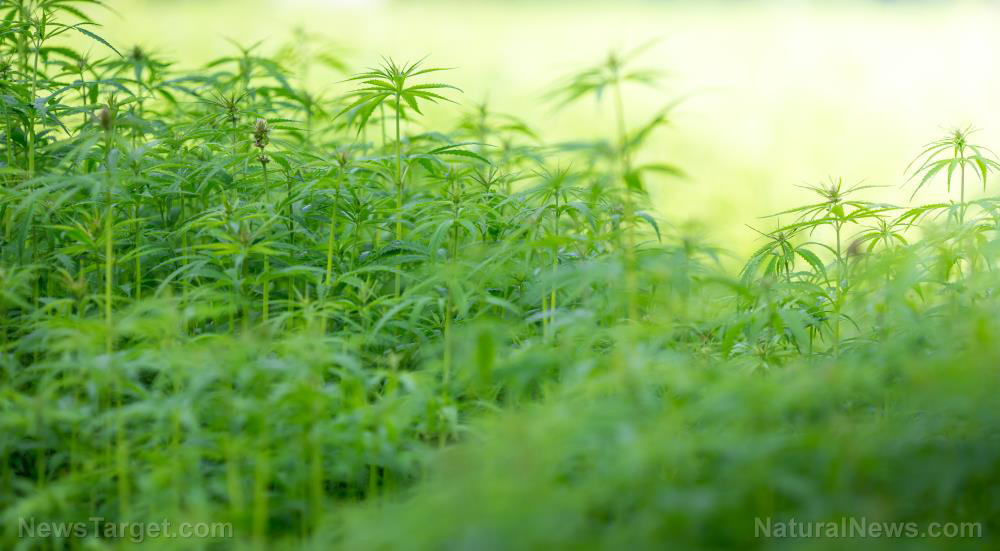
After being the poster boy for drug abuse and dysfunction for decades, cannabis has recently hit an approval high among consumers, as one state after another has legalized it for recreational or medicinal use (or both).
More and more studies are coming out every day proving the health benefits of marijuana, and of course those who have been using it recreationally for years are only too happy that they can now access it legally.
There’s a problem though: Since cannabis is still illegal at the federal level, the Federal Drug Administration (FDA) does not regulate it in any way. This means that growers can make all sorts of claims about their products’ health benefits without having to back them up. It also means that they can douse their plants in fertilizers and chemical pesticides to promote growth and protect against pests – basically without having to face any consequences.
As demand for cannabis has grown, prices have continued to decrease, leaving many growers feeling the pressure to produce more plants, more quickly. This makes the use of chemical pesticides and fertilizers seem ever more appealing.
Nonetheless, there are some cannabis farmers who have decided to take the ethical high ground and guarantee the health benefits of their produce by growing their plants organically, without the use of chemical products. They face an uphill battle, however, because consumers just don’t seem ready to pay more for organic cannabis than they do for “regular” pot.
Consumers reluctant to pay more
As reported by USA Today, consumers who are still reeling from the fact that they can suddenly now buy pot legally seem reluctant to pay more for organic weed. Many simply don’t realize that there’s any difference between the two. (Related: Marijuana farmers are destroying natural ecosystems as quest for profits outweighs “green” agricultural practices.)
“When we all grew up it was all Wonderbread and cheap eggs,” noted marijuana dispensary worker Maka Kalai. “I never asked if something was grass-fed and cage free. There’s still people out there who think weed is weed.”
All weed is definitely not created equal, however. For one thing, just as wines and craft beers all taste different and vary greatly in quality, so do different types of marijuana.
USA Today reported:
For generations, most American pot smokers had few options: They bought a baggie of marijuana from a black-market dealer, its provenance unknown. While craft beer drinkers savored the hops and barley and yeasts used to produce their favored intoxicant, and wine snobs muttered on about vintages and grape sugar levels, weed was just weed. Sometimes it was stronger. Sometimes it was weaker. Sometimes it gave you a headache. But almost no one had any real idea what they were smoking.
The surge in popularity of medical marijuana has started to change the perceptions of some consumers, but too few are willing to pay more for organic marijuana. And while demand for organic cannabis remains low, very few growers are willing to spend more to ultimately charge virtually the same for their product as producers who douse their products in chemicals. (Related: Pesticide contamination in cannabis is a big problem — Here’s what you need to know.)
Ultimately, however, it is likely that the few marijuana growers who are insisting on going the organic route will reap the rewards. Consumers are becoming more and more aware of the health benefits of organic produce, and in time, marijuana users are sure to follow the same trend.
Learn more about the superiority of organic produce at Organics.news.
Sources for this article include:
Tagged Under:
RECENT NEWS & ARTICLES
COPYRIGHT © 2017 PESTICIDES NEWS



